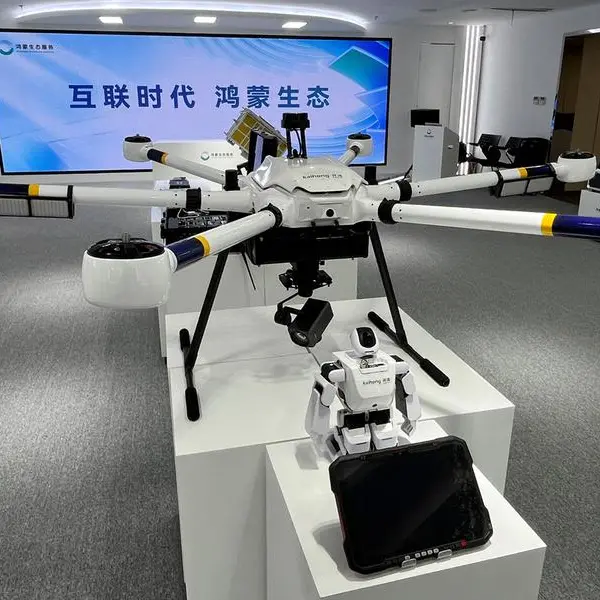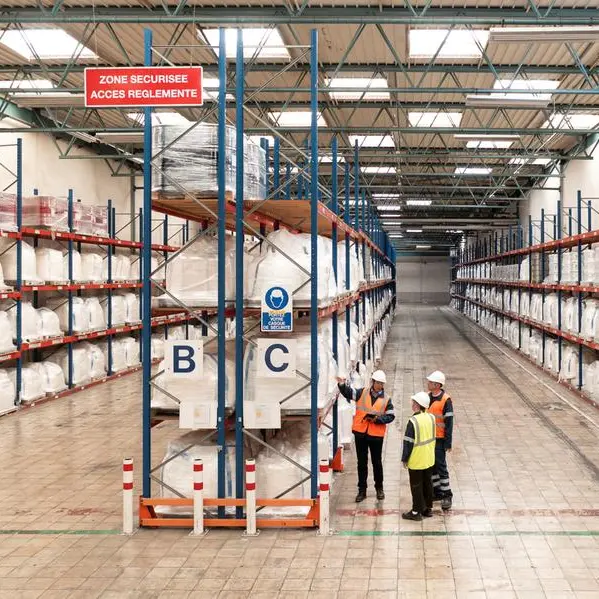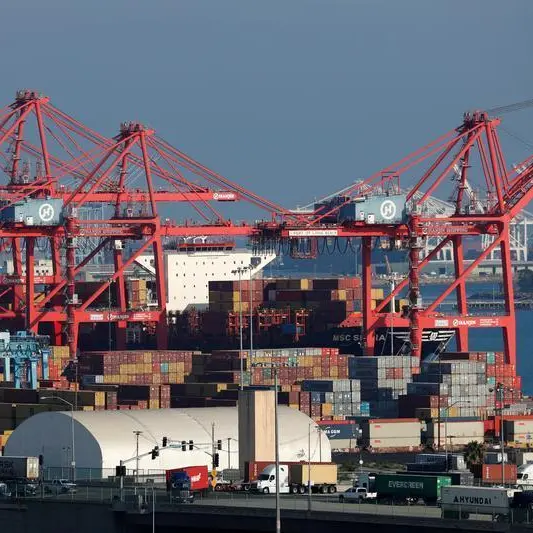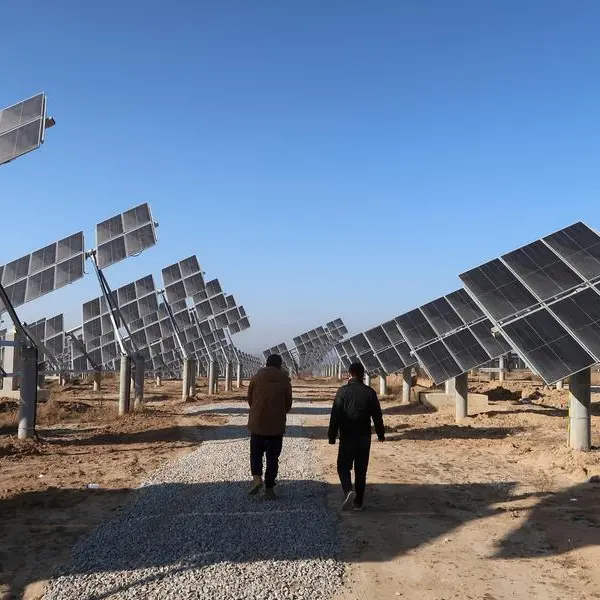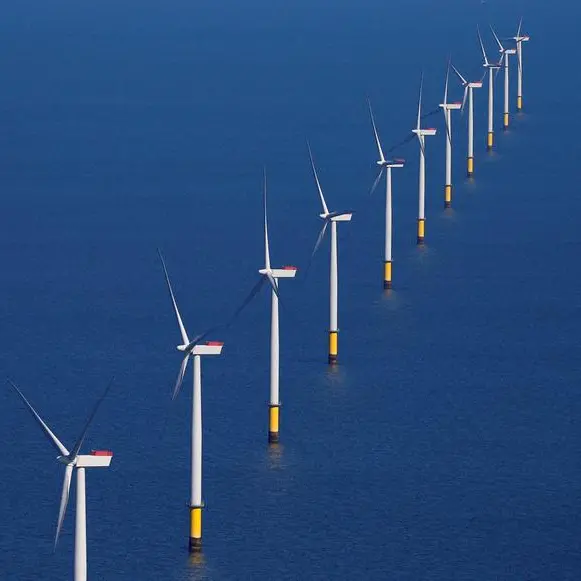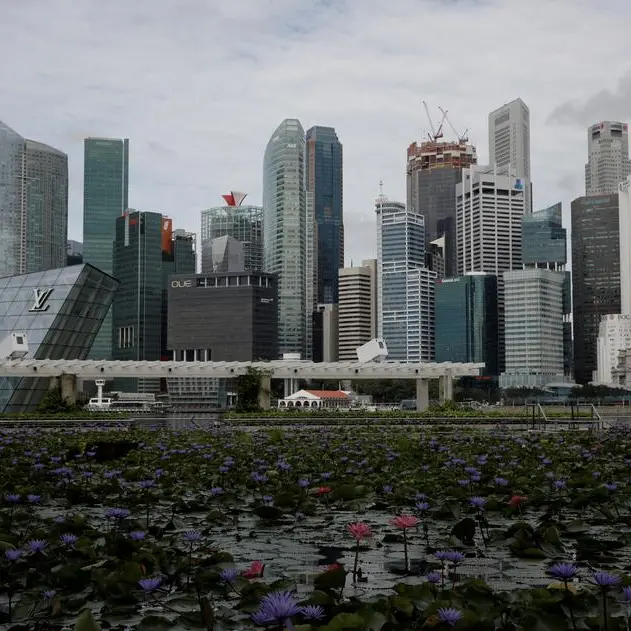PHOTO
“There's room at the top they are telling you still / if you want to be like the folks on the hill / a working class hero is something to be.”
John Lennon sang so in 1970, but the Beatle’s laments are as relevant as ever today, with UK inflation to peak at 22.4% in 2023 (a near post-war record, when it hit 24.5%) and consumer prices 10.1% higher in July 2022 than twelve months prior. Far from impacting only the UK, the cost of living crisis is impacting people all across the world, with the United Nations Development Programme reporting that soaring food and energy prices have pushed an additional 71 million people into poverty in only three months.
A working class hero is something that’s really bleak to be right now, I’m sure John Lennon would agree.
Of course, Covid-19 related supply-chain disruptions had already begun to dent the global economy, and growth was already expected to “decelerate markedly from 5.5%in 2021 to 4.1% in 2022 and 3.2% in 2023,” but the war in Ukraine resulted in a 166.8% cost increase in natural gas over twelve months, and is also “responsible for almost 40% of the annual price increase of wheat and for 60-75% of the annual price increases of corn and sunflower seed oil.” The increased demand for goods and services as the world emerged from two years of pandemic living also overwhelmed global supply, in turn causing shortages and increasing prices. Wage growth will also “slow to about 4.5% on a year-over-year basis by the end of 2022 and will likely drop below 4% next year,” reports Goldman Sachs.
This is impacting countries in Latin America, Central and South Asia, and sub-Saharan Africa the most, but also people in the most developed countries in the world. In fact, a World Economic Forum poll found that “1 in 4 people were struggling financially in 11 developed countries” and that “in the UK, as many as 1 in 7 adults now say they can’t afford to eat every day.” This is a staggering and heartbreaking figure, especially in such a wealthy country, and at such historically advanced times.
People are understandably scared, and unsure of how best to cope. When coping is possible at all, it seems that more and more people might be reversing the trend of the last five to ten years and reverting to using cash: a recent report saw the UK Post Office handle “£801m in personal cash withdrawals in July, the most since records began five years ago (and) up more than 20% from a year earlier.”
We might want to put the race for cash on pause, however, as fintech solutions might be better equipped for dealing with this issue and ultimately more beneficial to struggling consumers as a whole.
A diverse range of solutions, including loans, credit cards and buy-now-pay-later schemes, is all available and easily accessible on the market today. These provide greater purchasing power and personalised support in the event of emergencies, so they lend themselves extremely well to the precarious times we are living through. When you consider that less than 20% of BNPL users have missed a payment, that’s an incredibly promising figure. And while solely depending on credit cards, or relying on them for too long, is not advisable, they are there precisely to help people get by in case they cannot pay upfront ––people shouldn’t feel ashamed of needing credit, and 0% APR cards with interest-free periods on new purchases are a great place to start.
During these difficult times, people should be using fintech solutions to improve their finances, for example by taking advantage of features like spending analysis and reports, also widely available through a variety of money management and budgeting services. Only by analysing patterns and figure-by-figure costs can we really ever come to a greater understanding of how to manage debt or make informed decisions about spending. This can help anyone feel more in control of their spending and, in turn, their financial wellbeing as a whole.
Fintech companies, of course, also have the great responsibility of helping educate and take care of those hardest hit by the cost-of-living crisis. Any financial solution or strategy can lead to dangerous and unintended consequences if carried out negligently, which can be particularly devastating in such an incredibly fragile economic climate. It should be up to everyone, including fintech companies and perhaps starting precisely with any key player in the financial sector, to do their part.


